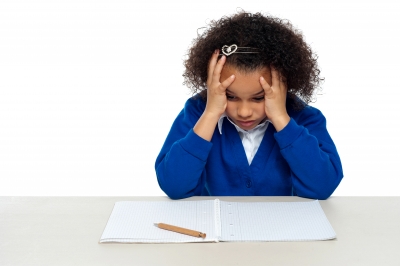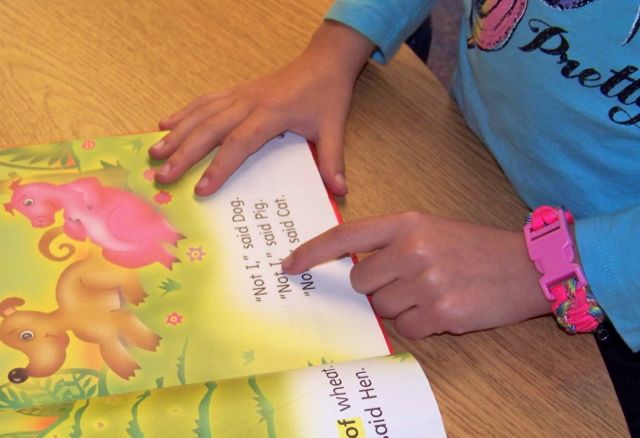
Is Dyslexia Real?
November 18, 2015
Do Your Family Holidays Look Nothing like “The Hallmark Channel?”
December 9, 2015
A teacher mentioned that my child might have dyslexia. Exactly what does that mean?
According to the International Dyslexia Association, dyslexia is a language-based learning disability that is neurological in origin. In addition to having challenges with reading, students may also have difficulty with skills such as spelling, written expression and pronouncing words. When these students qualify for an Individual Education Plan, it is usually under the category of Specific Learning Disability in Reading and Written Expression. A reading disability is the most commonly diagnosed learning disability.
Warning signs of possible dyslexia in young children include difficulty recognizing letters and associating them with the correct sounds. Children may confuse sounds in pronunciation; for example they may say bisghetti for spaghetti. They may struggle with sequencing and rhyming. Older children may have trouble understanding non-literal language such as idioms, or doing word problems in math. They may use memorization to cover their difficulty with acquiring new skills.
Students with dyslexia may pass state achievement tests in reading comprehension because they use context clues and may have good background knowledge that they apply when answering questions on particular topics. Their reading challenges become more apparent when asked to read lists of words or pronounce words with multiple syllables that are not in the context of a sentence. Spelling is the opposite side of the same coin. When a student has difficulty with decoding or “breaking apart” words they usually also have a challenge in spelling or encoding words.
Dyslexia has a hereditary component; many adults come to the recognition that they have dyslexia when their children are diagnosed. Most people with the disorder have average or above average intelligence.

Charles Schwab, Richard Branson, Tom Cruise, Nelson Rockefeller, William Hewlett, David Bois, Henry Winkler and Carol Griede (Nobel Prize in Medicine 2009) are just a few of the highly successful individuals who have identified themselves as having dyslexia.
Blogger Mary Ann Mulcahey, PhD, shares her expertise in assessment and diagnosis of learning disabilities and ADHD, and the social/emotional adjustment to those issues. If you have questions, please contact Mary Ann at .



